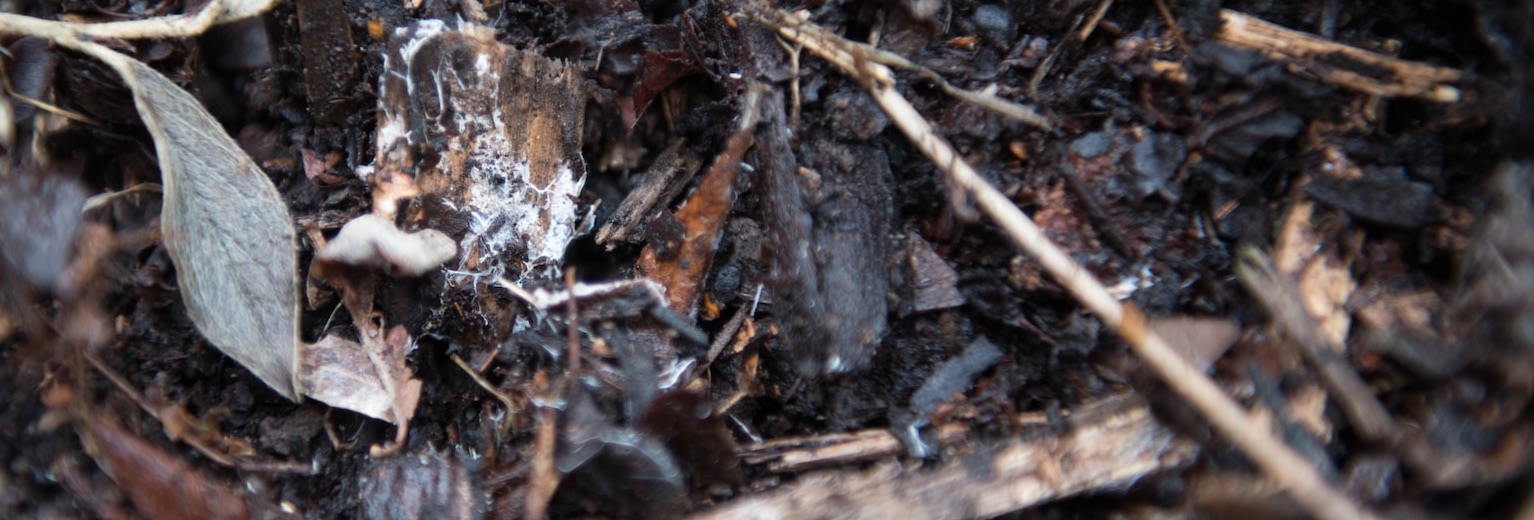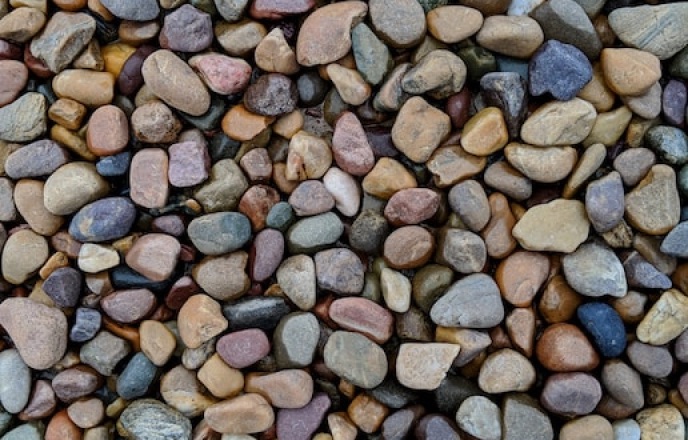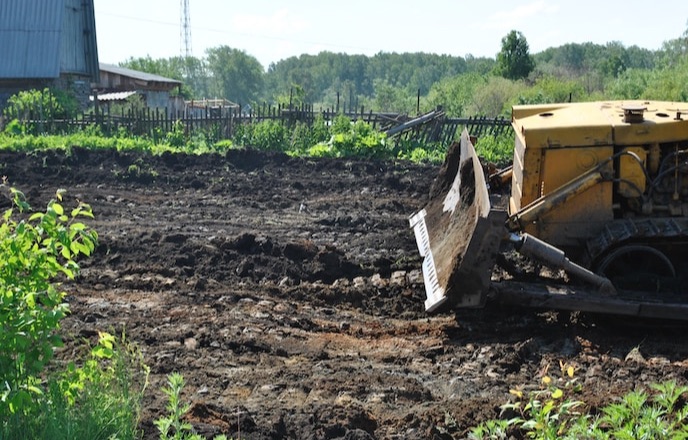Ready to Get Started? Call Now (803) 209-3896
Ready to Get Started? Call Now (803) 209-3896

For the highest quality mulch, compost, and dirt products available in Blackstock, SC, contact Sanders Hauling. We specialize in quality mulch and compost products derived from local/regional wood waste recycling systems.
Common Uses: apply around trees, plants, and garden beds
Use mulch when you're looking to achieve moisture retention, weed suppression and temperature regulation.
Using mulch in landscaping offers a variety of benefits including moisture retention, weed suppression, temperature regulation, and erosion control. The specific benefits and effectiveness of mulch can vary depending on the type of mulch used and the unique characteristics of your landscape.
Using mulch adds a visually appealing finishing touch to landscaping. It comes in various colors and textures, allowing you to enhance the overall appearance of your garden or outdoor space. It provides a neat and tidy look while highlighting the beauty of plants and flowers.
Looking for a solution to disease and pest control? Certain types of mulch, such as cedar or cypress, possess natural properties that repel insects and pests. This helps to protect plants from potential damage and reduces the need for chemical pesticides.
Mulch is often made from recycled materials like wood chips or shredded leaves, making it an eco-friendly choice. It helps to divert organic waste from landfills which makes it the perfect material for those looking to uphold sustainable landscaping practices.
Common Uses: mix with soil before planting, top dressing for garden beds, as an additive to potting mixes
Use compost when you're looking to promote soil enrichment, plant nutrition and microbial activity.
One of the key benefits of compost is its ability to enrich the soil. Compost is a nutrient-rich organic matter that provides essential elements and microorganisms necessary for robust plant growth. It improves soil structure, texture, and fertility, enhancing the soil's ability to retain moisture, nutrients, and oxygen.
The addition of compost to the soil also promotes beneficial microbial activity. These microorganisms help break down organic matter, release nutrients, and suppress harmful pathogens, contributing to a healthier and more balanced soil ecosystem. As a result, plants grown in compost-amended soil are often more resistant to diseases and pests.
Whether used in flower beds, vegetable gardens, or lawns, compost is a versatile tool that suits various landscaping applications. It can be applied as a top dressing, incorporated into the soil during planting, or used as a component in potting mixes.
At Sanders Hauling, we provide our customers with the option to choose between fill dirt, pit gravel and topsoil for their landscaping projects.
Common Uses: reads about fill dirt, pit gravel and topsoil below to learn about their common uses
Fill Dirt Fill dirt is a type of soil commonly used in construction and landscaping projects where the goal is to establish a stable and even foundation. You may use fill dirt when your project requires you to reshape the terrain, fill in holes or ditches, and create mounds or raised areas for aesthetic purposes. It provides a foundation for the installation of gardens, lawns, or other landscape features. Fill dirt can also be used to create slopes or grade changes that improve drainage or prevent water accumulation. It's crucial to consider the quality and characteristics of the soil. The compaction and stability of the fill dirt are important factors to ensure a solid foundation. It's often recommended to use compactible fill dirt, which can be easily compacted and leveled to achieve the desired grade and stability.
Pit Gravel Pit gravel is the perfect option for cases where you wish to create decorative pathways, edging, or accents in garden beds. The natural color and texture of pit gravel add a rustic and visually appealing element to outdoor spaces. Similiar to fill dirt, pit gravel is often utilized for filling low spots or leveling uneven areas. It can be spread over the ground or incorporated into the soil to achieve a more even surface for landscaping or construction projects.
Topsoil Topsoil is a nutrient-rich material often packed with organic matter and beneficial microorganisms making it the ideal foundation for healthy plant growth and development. In addition to enhanced soil drainage, topsoil also has the ability to retain moisture. It acts as a reservoir, holding water and gradually releasing it to plants as needed. This reduces the frequency of watering and promotes water conservation. Similar to mulch, you can use topsoil as a preventatve measure against erosion caused by wind or water through the protective layer it creates to keep soil in place. By utilizing a material with such landscaping versatility, you can optimize soil conditions, support plant health, prevent erosion, and create a thriving outdoor environment.
You may use these formulas to determine the amount of material you will need. If you'd rather we provide this for you, just give us a call!
First, measure and calculate the area of your bed (s):
length (ft.) x width (ft.) = area (square feet or sqft.)
Then, use the area to determine to total amount of materials needed to cover 1 inch of your area:
area (sqft.) x 0.0031 = (X) cubic yards
Finally, use the cubic yard value and the depth of your bed to determine the total cubic yards needed:
(X) cubic yards x depth (inches) = total cu. yds. needed
Blackstock, SC Services

Stone, Sand and Gravel Hauling

Excavating and Grading Services
Contact Sanders Hauling today to learn more about our services and to schedule your next hauling job.
Get In TouchCopyright © 2026 | All Rights Reserved
Sitemap | Powered by Emmare Consulting LLC